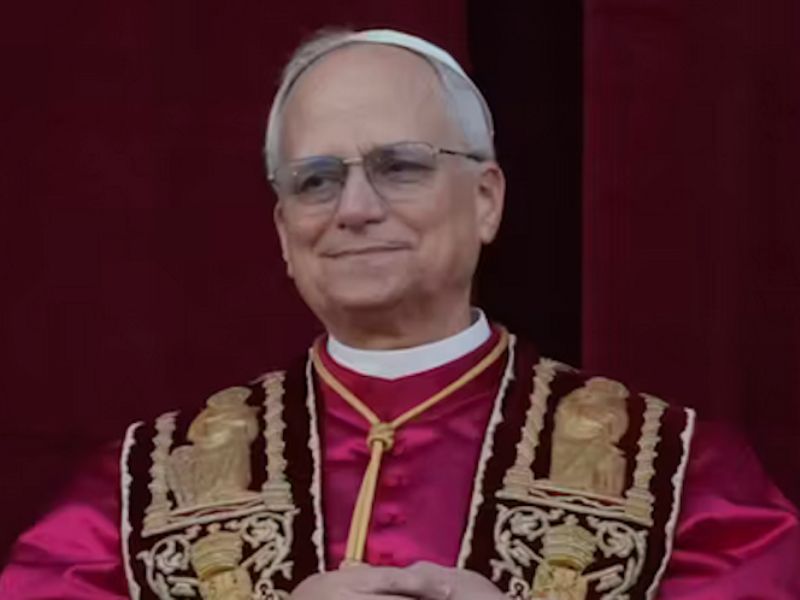Vatican Appoints Chinese Bishop, Reaffirming Secret China-Vatican Deal

6/12/2025 China (International Christian Concern) — The Vatican announced Wednesday the appointment of Joseph Lin Yuntuan as bishop of the Archdiocese of Fuzhou, located in China’s southeastern region.
Bishop Lin’s appointment marks Pope Leo’s first in mainland China and follows a series of controversial appointments by the Chinese government in April.
In its announcement, the Vatican cited its secretive 2018 agreement with China, noting that the appointment was made in accordance with that document. Renewed for a third time in October 2024, the deal has been highly controversial for ceding certain church authorities to the Chinese government.
Although the text of the agreement has never been made public, it reportedly reserves for the Vatican the right to veto bishop candidates proposed by the Chinese government. However, just a month after the agreement was renewed in 2020, China released a revised version of its Administrative Measures for Religious Clergy, claiming unilateral authority to appoint bishops through the Chinese Catholic Patriotic Association CCPA. These rules disregarded the collaborative framework agreed to the month prior.
In practice, the Chinese government has frequently violated the terms of the deal, appointing bishops without Vatican input and installing them without papal approval.
In April, just days after the death of Pope Francis and before the election of Pope Leo, the Chinese government unilaterally appointed two new bishops. In one instance, a government-appointed bishop was assigned to a diocese already led by a Vatican-appointed bishop, setting Pope Leo up for an early diplomatic challenge.
That Bishop Lin’s appointment originated in the Vatican, rather than Beijing, is a positive development. It marks a shift from the recent pattern in which episcopal appointments have tended to originate in Beijing, with the Vatican merely approving them afterward.
While Pope Leo has yet to take an official stance on the bishops selected by China in April, this week’s appointment of Bishop Lin suggests he is willing to continue the 2018 agreement, despite widespread criticism of the deal since its original signing under Pope Francis.
In China, Catholics are divided between the state-run CCPA and underground Catholic churches that reject government authority and maintain direct allegiance to the Vatican. Though exact figures are difficult to obtain for the underground church, estimates place the membership of each group at around 6 million.
Founded by the Chinese government in 1957, the CCPA is a divisive institution among Catholics. On the one hand, its official status makes it one of the few religious organizations allowed to operate in China. On the other hand, it primarily serves as a mouthpiece for Communist government propaganda and operates with little regard for Vatican leadership.
The CCPA was explicitly created to prevent influence from the Holy See in Chinese affairs, and the Chinese government has gone so far as to ordain bishops without Vatican consent. In 2007, Pope Benedict XVI declared the CCPA “incompatible with Catholic doctrine” due to its separatist self-governance.
While Pope Francis’s secret 2018 agreement with the Chinese government was ostensibly designed to reassert some degree of Vatican influence over the CCPA, some analysts argue that it merely furthers the Chinese government’s efforts to co-opt the independent underground Catholic church.
Bishop Lin was previously a leader in the underground Catholic church, making his appointment to the state-sanctioned church a complex matter for independent Catholics, who continue to face mounting pressure from the official church.
To read more news stories, visit the ICC Newsroom. For interviews, please email press@persecution.org.
For interviews, please email press@persecution.org
